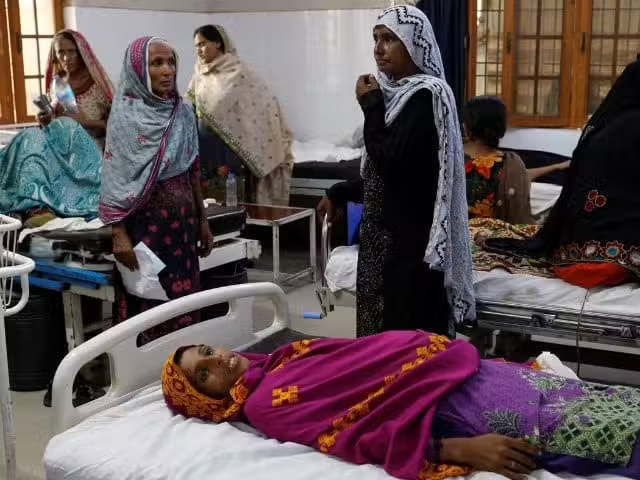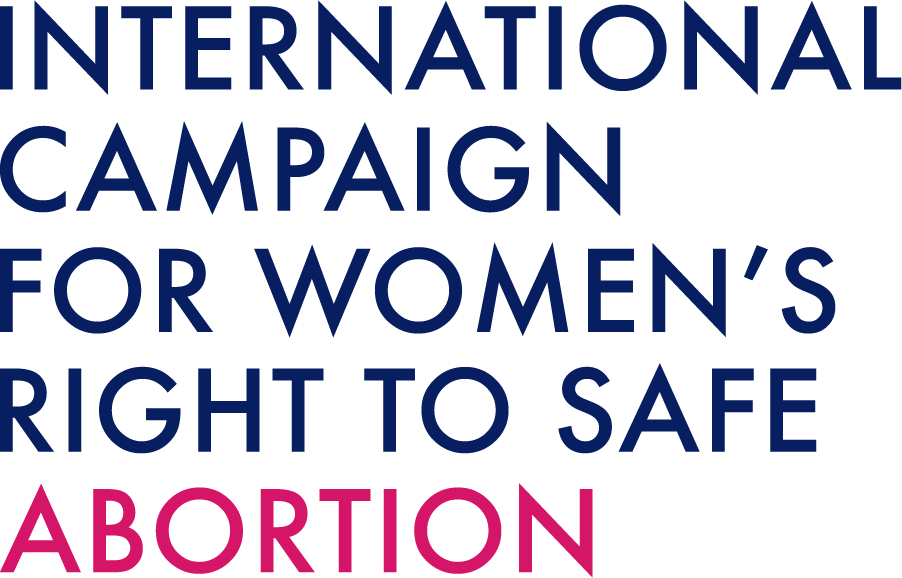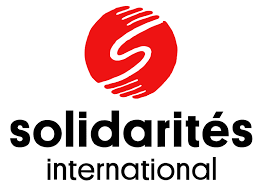
Growing Women’s Health Crisis in Sindh: Up to 500,000 Abortions Annually, Many Unsafe
Sindh, one of Pakistan’s most populous provinces, is facing a serious public health challenge, with an estimated 400,000 to 500,000 abortions taking place each year — many of them unsafe, unregulated, and potentially life-threatening, according to health experts.
In a recent interview with The Express Tribune, Dr. Mehwish Mubarak Ali, Deputy Director (Clinics Section) at the Sindh Population Welfare Department, emphasized the gravity of the situation:
“In terms of blood loss, one unsafe abortion can be as dangerous as ten full-term pregnancies,” she stated.
Many women — particularly those from rural or low-income backgrounds — often resort to untrained individuals for abortion procedures. This lack of professional care leads to severe complications such as infections, infertility, and even death.
The Hidden Burden of Malnutrition and Anemia
The crisis is further aggravated by widespread malnutrition and anemia among women aged 15 to 49, the key reproductive age group. Poor nutrition not only jeopardizes women’s health but also impacts child growth and cognitive development.
According to recent surveys, between 10–15% of women in Sindh suffer from severe anemia or other nutritional deficiencies.
“In clinics where around 50 pregnant women visit daily, at least five to ten require urgent blood transfusions due to acute anemia,” Dr. Mehwish revealed.
“This problem, once thought to be limited to rural areas, is now common in cities due to poor diets and fast-food consumption.”
Sindh’s 5.6 million women face widespread nutritional challenges, with 40–50% suffering from malnutrition. In rural communities, gender bias in food allocation worsens the problem — boys often receive more nutritious food than girls, leaving many women undernourished and vulnerable.
Early Marriages and Adolescent Pregnancies
Early marriages and teen pregnancies continue to fuel poor maternal and child health outcomes.
“When young girls become mothers too early, both they and their babies face higher risks of premature birth, low birth weight, and developmental issues,” Dr. Mehwish explained.
Pakistan’s maternal and infant mortality rates remain alarmingly high — 64 out of every 1,000 newborns die before their first birthday. Each year, the country records around 3.6 million unplanned pregnancies, with Sindh alone accounting for nearly half a million abortions.
The Path Forward: Awareness and Access to Safe Care
Experts point to limited awareness, lack of family planning, and restricted access to safe reproductive health services as major drivers of this crisis.
Dr. Mehwish underscored the importance of birth spacing in line with World Health Organization (WHO) guidelines — recommending a minimum two-year gap between pregnancies, and the first pregnancy ideally between ages 18 and 35.
She also highlighted the potential of new contraceptive methods such as the Sayana Press Self-Injection, a three-month contraceptive that women can safely administer at home. This method offers greater privacy, affordability, and control over reproductive choices, marking an important step toward empowering women and improving health outcomes.
🔗 Source: ProPakistani – 400,000–500,000 Abortions Take Place in Sindh Annually




















